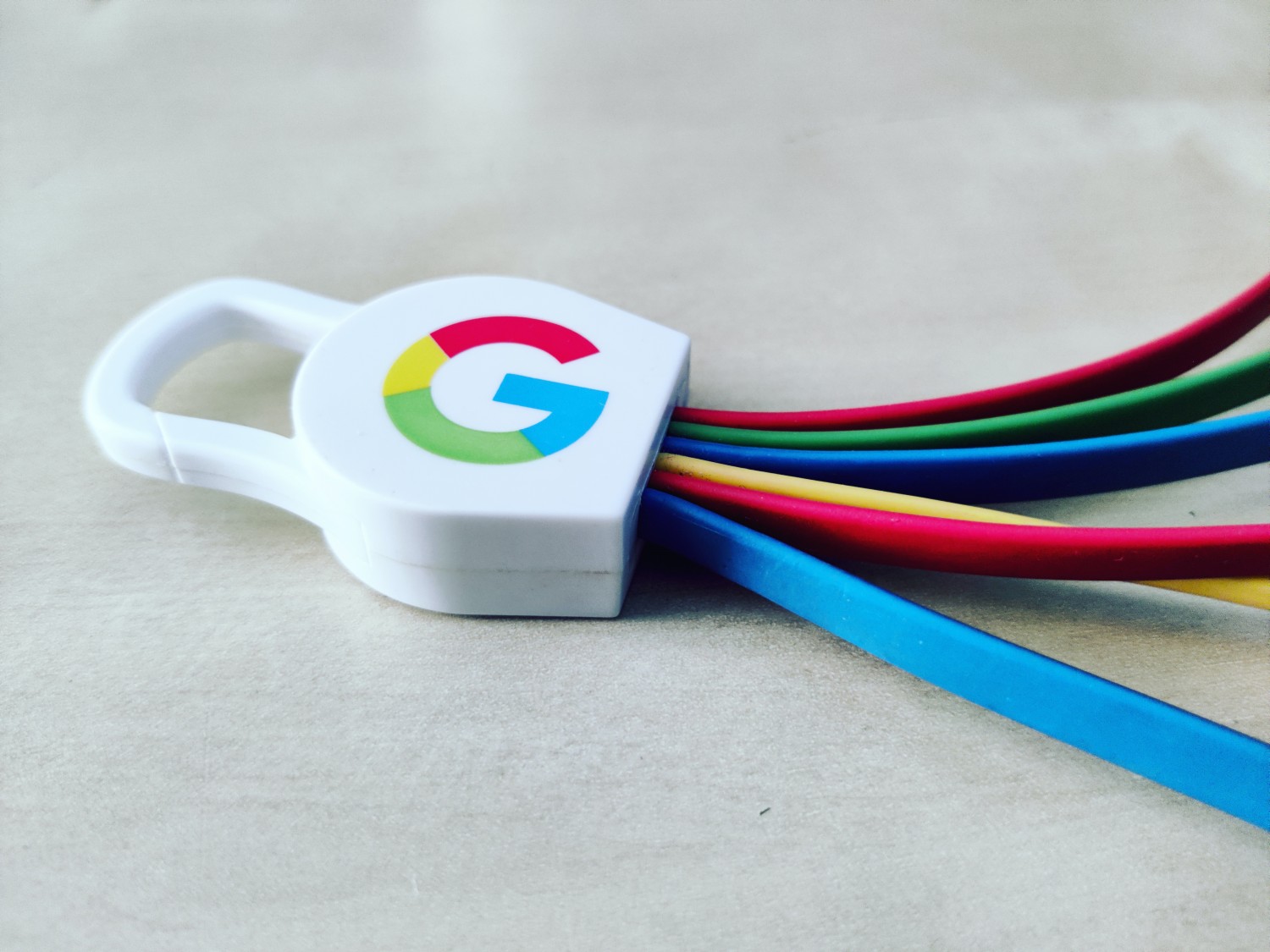The battle between Google and CCI, watched around the world, continues.
Google on Tuesday appealed the Supreme Court challenging the National Company Law Appellate Tribunal's (NCLAT) order upholding the fine of $162 million imposed on the search giant by the Competition Commission of India (CCI).
Google’s appeal comes just weeks after the Competition Commission of India (CCI) also appealed the NCLAT order in the Supreme Court. In January, the Supreme Court refused to suspend any of the antitrust remedies ordered by the CCI against Google last year. It had asked the NCLAT to hear the case on merit and rule by March end.
Why has Google appealed the NCLAT order?
Google said that the NCLAT “correctly found” that harm for anti-competitive behaviour needs to be proven, but “did not apply this requirement to several of the CCI’s directions that it upheld”.
“We look forward to presenting our case before the Supreme Court and demonstrating how Android has benefitted Indian users, developers, and OEMs, and powered India’s digital transformation,”
the company said in a statement.
What did the NCLAT order entail?
In March, the NCLAT upheld CCI’s $162 million penalty on Google for antitrust violations while largely confirming its findings from last October that said Google abused its market dominance in the Android ecosystem. It held that mandating pre-installation of its entire Google Mobile Suite (GMS) – a family of key Google apps and services such as Google search, Chrome browser, YouTube, Google Maps, and Gmail – amounted to “imposing unfair conditions on OEMs which is an abuse of dominant position” by the company.
Google had perpetuated its dominant position, NCLAT said. In its detailed order, the NCLAT held that the CCI in its order against Google did not violate the principles of “natural justice” and based it on relevant material submitted to it.
However, NCLAT offered some relaxation to Google.
- Google will now not need to allow hosting of third-party app stores inside the Play Store, as had been previously ordered by the CCI;
- Google will also not need to allow users to remove pre-installed apps such as Google Maps, Gmail and Youtube;
- The company can also continue imposing curbs on so-called “sideloading”, a practice of downloading apps without using an app store, which CCI had said must be discontinued.
As Indian officials note, although NCLAT has waived some CCI requirements, it is important that "abuse of dominance by Google has now been proved," which gives the government an opportunity to formulate basic rules to curb abuse of dominance in the future.
Source: The Indian Express




